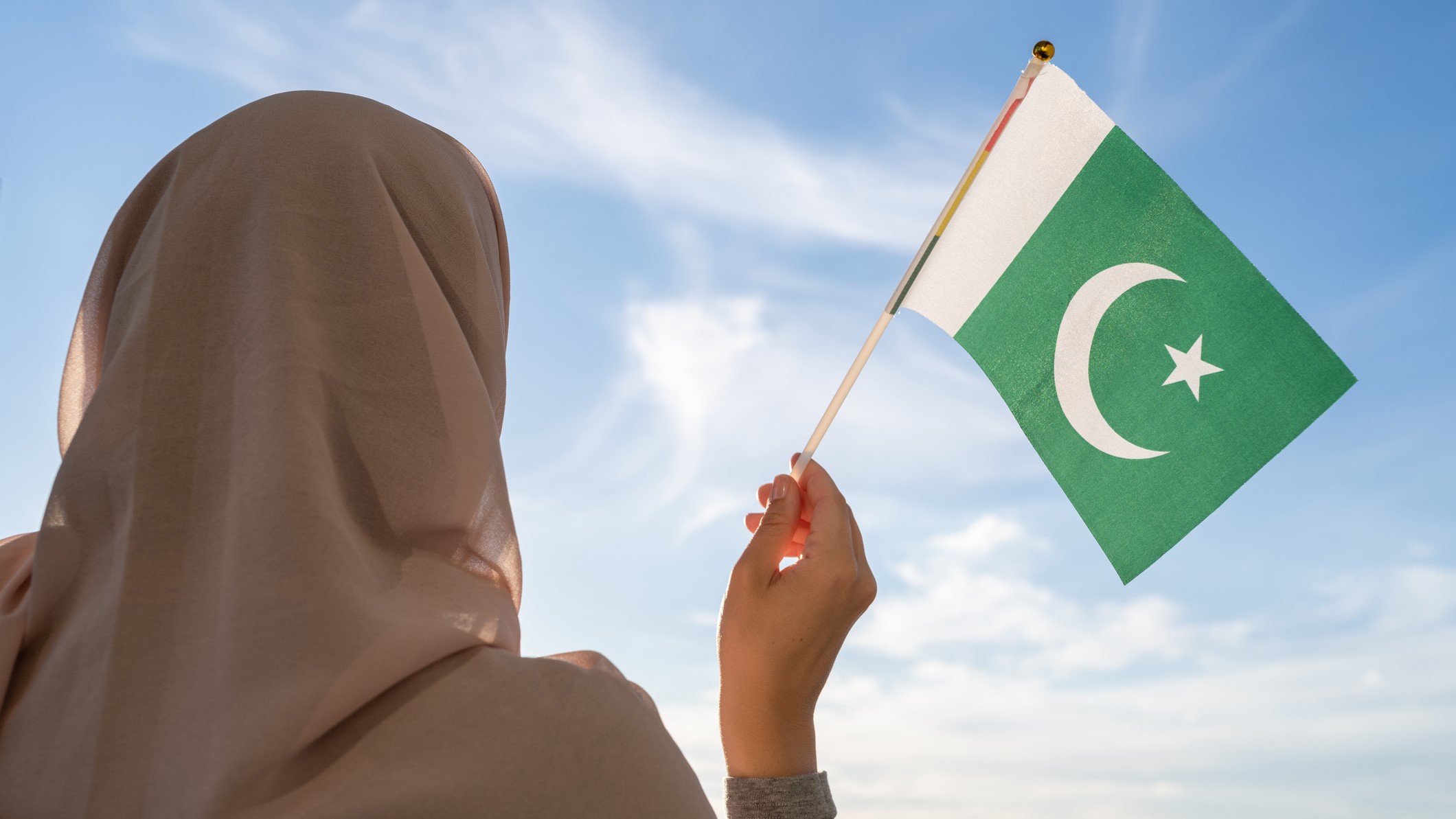Pakistan's internet is under siege, and VPNs are a target
"Pakistan's censorship has been alarmingly increasing", said Surfshark

Sign up for breaking news, reviews, opinion, top tech deals, and more.
You are now subscribed
Your newsletter sign-up was successful
After more than a week, disruptions to popular social media platform X (formerly Twitter) persist in Pakistan with VPN services now becoming the next casualty.
Authorities began blocking X during the night of February 17, after a senior government official's admission of rigging election results fueled a wave of protests across the country.
Citizens didn't give up the opportunity to engage on the social media site that easily, though. They turned en masse to virtual private networks to spoof their IP address and bypass geo-restrictions. Experts estimate an increase in the security software demand of more than 130% since then. Now, many VPN apps have reportedly stopped working in what looks like yet another escalation in Pakistan's censorship levels.
Record year for censorship
"Pakistan's internet censorship efforts have been alarmingly increasing, and 2024 may be a record year for the country regarding internet restrictions," Lina Survila, spokeswoman for VPN provider Surfshark, told TechRadar.
Just about two months into the new year, Pakistanis have already plunged into digital darkness on five different occasions. The first two strikes of the year occurred in January, with major social media platforms going dark during online events organized by jailed former prime minister Imran Khan's party PTI.
Then, a month later, authorities pulled the plug on the internet during election day. The blackout, which the government justified as a security measure, has contributed to consolidating concerns of potential vote manipulation—"a huge backslide for democracy in Pakistan," as Alp Toker, the founder of internet watchdog NetBlocks, told me at the time.
After senior Pakistani bureaucrat Liaqat Ali Chattha revealed his involvement in vote manipulation (he would retract this claim a few days later), citizens flocked to X to express their dissent and organize themselves to take the streets. That's when the government began restricting access to the site without warning or explanation. Yet, Pakistanis have been managing to bypass these restrictions at ease—until now, at least.
On this point, Survila from Surfshark said: "With reports of VPN restrictions coming to light as well, it seems that the country is prepared to take any means necessary to cut its citizens off from each other and the rest of the world."
⚠️ Update: Live metrics show #Pakistan's X/Twitter restriction is ongoing into a seventh day; with VPN services also widely restricted, users face increasing difficultly getting online amid heightened concerns over vote rigging after elections conducted under a telecoms shutdown pic.twitter.com/QQdgSwyyuYFebruary 23, 2024
Digital rights advocates at the Islamabad-based Bytes for All group investigated the boost in the government's censorship tactics. After some network examination, they concluded that the blockage of X is implemented through a less common HTTP blocking method. Experts believe this might indicate an existing collaboration between authorities and CDN providers (Content Delivery Network).
"While it's possible for the Pakistan Telecommunication Authority (PTA) to block access to Twitter using methods such as DNS filtering, IP blocking, or Deep Packet Inspection (DPI), blocking content from a specific CDN provider like Akamai Technologies can be more challenging and less common," the report reads.
If that isn't enough already, as we enter the 10th day of social media blackout, NetBlocks also registered a decline in internet connectivity across the Balochistan region. Toker told me that, for now, this doesn't seem to be connected to the other politically-motivated outages.
What's certain is that digital freedom isn't the only victim of these continuous blows to the internet.
Pakistan's economy was negatively impacted, too, with 1.3 billion rupees of losses recorded last year by the Pakistan Institute of Development Economics. In 2023, Pakistan was ranked third among nations imposing the most restrictions online. This year the toll might end up to be even higher as democratic values appear to crumble more and more, day by day.
Now, VPN service Surfshark urges users in Pakistan to reach out if they struggle to make the app work as solutions may vary case by case. The provider also recommends familiarizing yourself with ways to navigate internet shutdowns—you can watch the Digital Survival Kit (video above) Surfshark prepared in collaboration with NetBlocks for this.
At the same time Proton VPN, one of the best free VPN services on the market—which saw its VPN sign-ups steadily increasing throughout the month—believes its large user base in Pakistan should be well-equipped to keep evading restrictions despite further blocks.
"Proton VPN tends to be more resilient to censorship—including blocks to VPNs—as we make significant investments in technologies to combat censorship that other, purely commercial VPNs, do not," Antonio Cesarano, Head of Product at Proton VPN, told me.
Sign up for breaking news, reviews, opinion, top tech deals, and more.

Chiara is a multimedia journalist committed to covering stories to help promote the rights and denounce the abuses of the digital side of life – wherever cybersecurity, markets, and politics tangle up. She believes an open, uncensored, and private internet is a basic human need and wants to use her knowledge of VPNs to help readers take back control. She writes news, interviews, and analysis on data privacy, online censorship, digital rights, tech policies, and security software, with a special focus on VPNs, for TechRadar and TechRadar Pro. Got a story, tip-off, or something tech-interesting to say? Reach out to chiara.castro@futurenet.com
